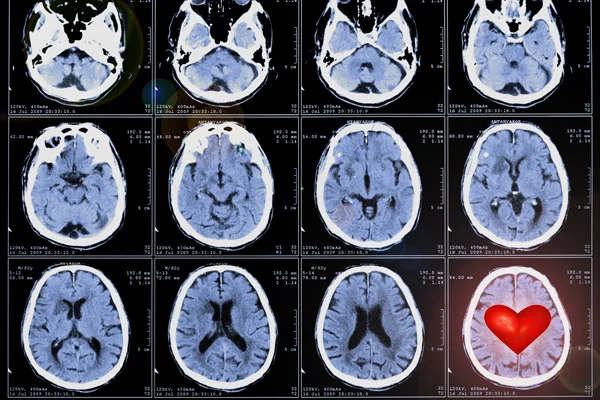
Have a CogniFit Valentines Day and Play a Brain Game with your partner
Happy Valentine’s Day, all! Since February 14th is rolling around yet again, we would like to offer some highlights covering the latest in neuroscience research as it relates to love, affection, romance, and (almost) everything in between.
“Love is like an hourglass, with the heart filling up as the brain empties.” -Jules Renard

What happens when you first fall in love? What’s going on in your brain after years of marriage? And how can neuroscience help you redefine your date nights to improve your relationship? Put your brain to the test this Valentines day and see how you compare to those around you. Try CogniFit Brain Training Games and CLICK HERE!
Oxytocin, the love chemical: Oxytocin is a peptide hormone and neuropeptide normally produced in the hypothalamus and released by the posterior pituitary. It plays a role in social bonding, reproduction, childbirth, and the period after childbirth.
Perhaps you’d rather see what’s happening in your love-sick brain, instead of just reading about it. Check out this wonderful and informative graphic from Scientific American showing the regions of the brain and what happens when your synapses and neurotransmitters get all fired up by romance.
“Love is a fire. But whether it is going to warm your heart or burn down your house you can never tell.” -Joan Crawford
Can a brain scan predict whether you and your new squeeze will stay together forever? A research team from Stonybrook University thinks they have found the answers using MRI technology. Find out how it works.
“Chemistry can be a good and bad thing. Chemistry is good when you make love with it. Chemistry is bad when you make crack with it.” -Adam Sandler

Cupid may have had a better track record if he’d laced his arrows with oxytocin. This bonding hormone has long been implicated in forming connections between people, and several new studies are looking at whether oxytocin can be applied as needed to give couples a boost.
And finally, just for fun, here is a lovely and funny story about a couple who is still happily married after 71 years together. Gerontologist and author Karl Pillemer has been collecting stories, data, and advice from hundreds of older Americans for his research. Look up his book for some more Valentines day entertainment!












